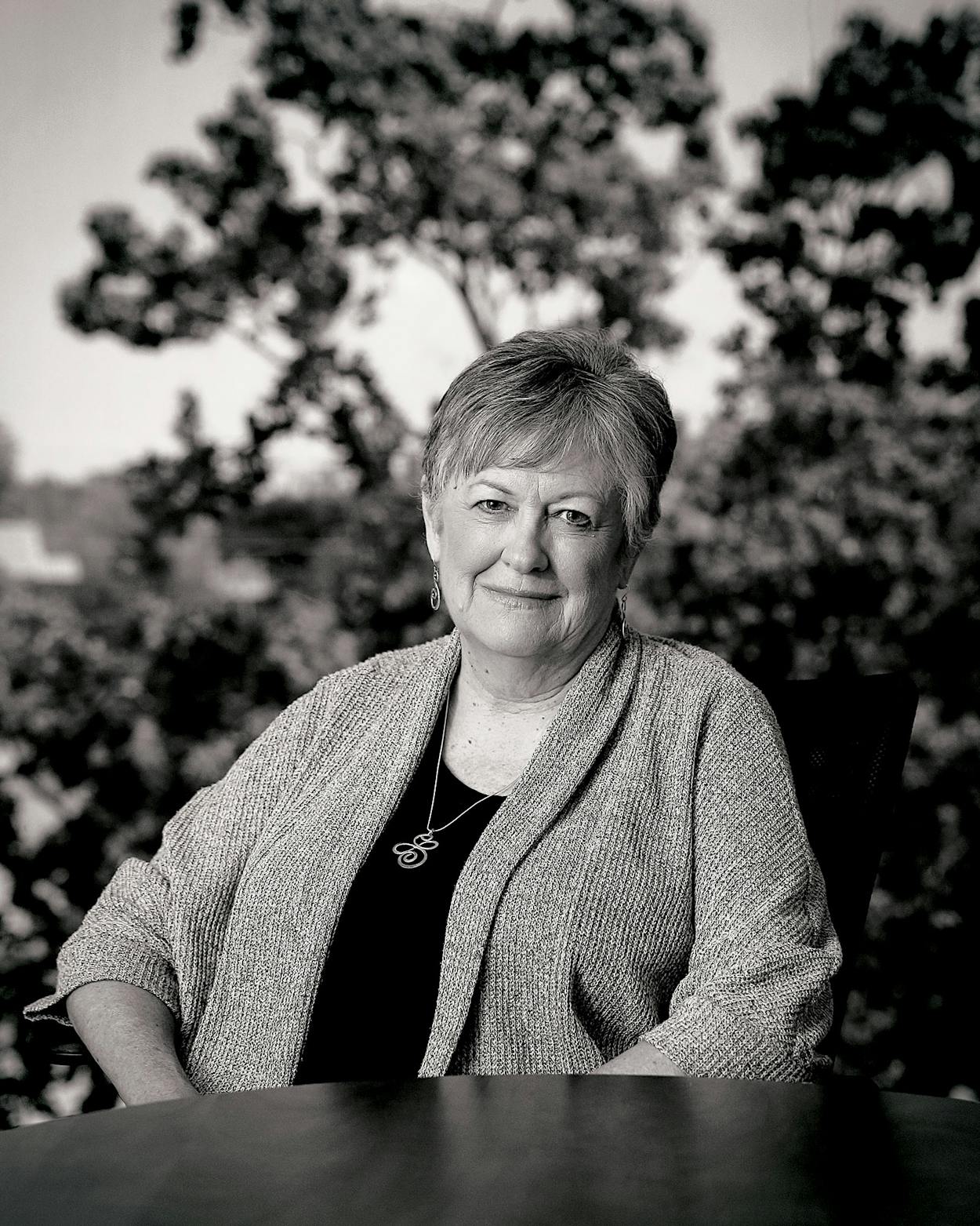Before I started working at the ACLU, I was a journalist. I eventually got into the editing ranks because I was in the right place at the right time. It was the mid- to late eighties, and newspapers finally realized they were losing readers because the people who were producing the newspaper didn’t look like the readers they wanted. They weren’t people of color, and they weren’t women. I was a beneficiary of that period. But for the most part, I think the problem was that women weren’t listened to in the workplace.
What’s happening now has grown out of that inequality. Today, we’re seeing what Dr. Martin Luther King, Jr., called constant respectful confrontation. I remember when people said that black people can have anything they want, they can go anywhere they want. When people spoke out and said that was not true, that’s when legal action began to really happen. We still don’t have racial equality, but the civil rights movement got results in terms of law.
I think this is the civil rights moment of perhaps the decade. We’re seeing a movement building.
As we’re seeing a movement grow, I worry about the smaller companies, the mom-and-pop shops: small nonprofits, small motels and hotels, the Texas newspapers owned by a family. These are the places that don’t have an HR department. It’s so important to have a place where people can feel free to bring their issues to someone to investigate, and in a smaller setting, victims really worry about losing their jobs. They worry that nobody will believe them, so they’ll lose their jobs for complaining. They worry that if it does become public, they’ll have to relive the whole experience. They worry about stigma.
At the ACLU, we get so many calls from people who have experienced workplace discrimination. But our mission is protecting and defending the Constitution and seeking policy change for the masses, so we litigate cases involving the government and public institutions. We generally don’t sue private employers, so we spend a lot of time referring people to employment lawyers. We’ve got to ensure that women get heard, and that they have access to lawyers.
One possibility for these smaller companies is outside organizations like their state associations, professional or trade, which often offer training about how to avoid harassment, and how to deal with it if it happens.
The other obstacle is the way the laws are written. In Texas, the employer has the upper hand in almost every way. Employment is at will, meaning you can be fired for no cause at all. If you get wrongfully dismissed from your job, it’s hard as heck to win in the courts. And if it’s a place with fewer than fifteen employees, under the law, there’s no discrimination defined there. We’ve got to fix these loopholes.
But there’s another side to that. Texas is a state that has built its reputation on the Wild West and wildcatter oil men and a sort of macho aura, but its backbone is really strong, successful women. In the nineteenth century, women ran the ranches because their husbands were off on long cattle drives and would be gone for months on end. In other periods, like the early years of the twentieth century during the first oil boom, when men were chasing the next great basin, or the Depression, when the men had to go off to find work, the women were left to run things at home. This is a state of tough women.
To see resources about female mentorship, getting involved in local issues, and what to do if you experience sexual harassment, read here.
More from this collection
The Women’s Voices Project
In a series of as-told-to conversations, two dozen Texas women talk about gender, work, and what needs to change for women in their home state. Read their perspectives here.






